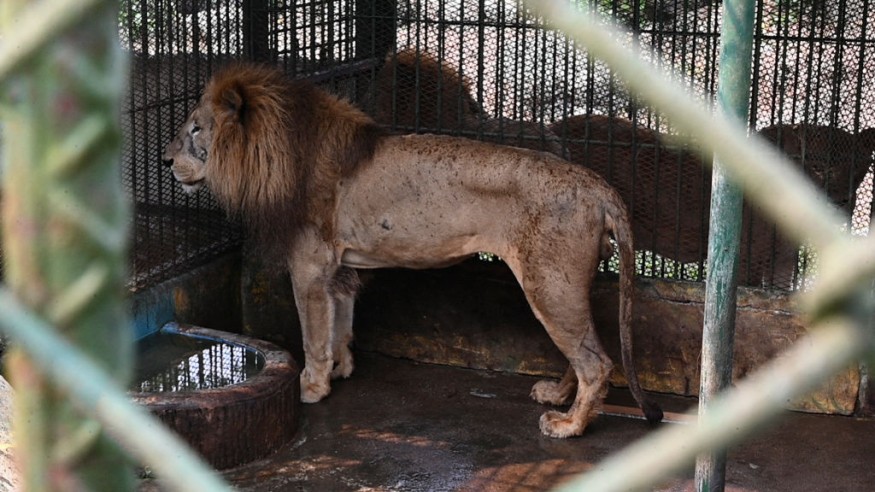
Two lion brothers set a record when they swam across a river in Africa that was teeming with predators. The record swim was seen on camera by a team led by an Australian university researcher.
Nine Lives
Drones equipped with high-definition heat detection cameras were used to capture footage of the two-male lion coalition as they crossed the Kazinga Channel in Uganda at night.
The two tried twice and eventually managed to cross the channel by swimming roughly 1.5 km.
One half of the pair was a 10-year-old local icon named Jacob, who had overcome multiple potentially fatal situations, such as having one of his hind legs severed by a poacher's snare.
His swim breaks records and is an incredible demonstration of fortitude in the face of extreme danger across a channel teeming with hippos and crocodiles.
African lions have been known to swim anywhere from ten to several hundred meters in the past; some of these swims have ended in crocodile attacks that have killed the animals.
According to Dr. Alexander Braczkowski of Griffith University, the research leader, Jacob "really is a cat with nine lives."
"I'd bet all my belongings that we are looking at Africa's most resilient lion: he has been gored by a buffalo, his family was poisoned for lion body part trade, he was caught in a poacher's snare, and finally lost his leg in another attempted poaching incident where he was caught in a steel trap," he said.
According to Braczkowski, it is an accomplishment in and of itself that Jacob and his brother Tibu have endured this long in a national park despite intense human pressures, such as high rates of poaching.
Battle For Lionesses
The major swim raises an important question: why did Jacob and Tibu decide to take a chance on the hazardous one-kilometer night swim in the first place?
Dr. Braczkowski explained that the brothers most likely had a female target in mind.
It's possible that the two mounted the perilous trek to reach the females on the other side of the channel since competition for lionesses in the park is high and they lost a battle for female affection in the minutes before the swim.
In Queen Elizabeth National Park and numerous other national parks in Uganda, Dr. Braczkowski has been conducting an extensive study on African lions and other predators.
As the scientific director of the Volcanoes Safaris Partnership Trust, he oversees the Kyambura Lion Project and has been collaborating with the Ugandan government since 2017 to enhance the wildlife department's scientific capabilities for the purpose of lion and predator census.
This behavioral discovery highlights skewed sex ratios in lion populations, which is a direct result of some of his earlier studies.
According to Dr. Braczkowski, Jacob and Tibu's epic swim is simply another poignant illustration of how some of our most cherished wildlife species must make difficult choices in order to find homes and partners in a world where humans rule.
Related Article : Can Lion's Roar Paralyzed Humans?
© 2025 NatureWorldNews.com All rights reserved. Do not reproduce without permission.




